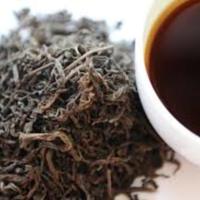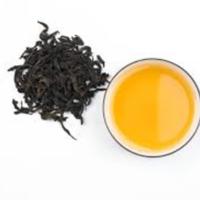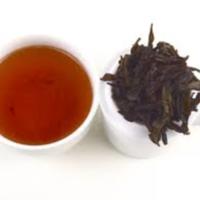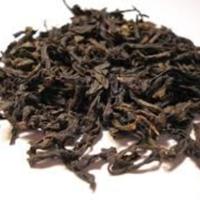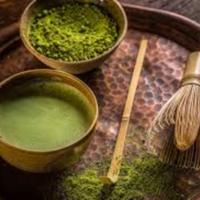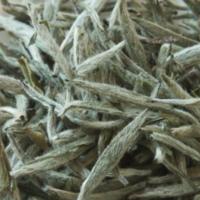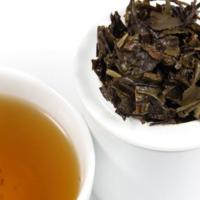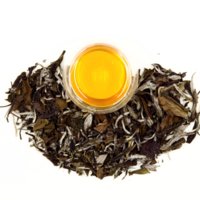Tangible cultural heritage of Chinese Tea
Dublin Core
Title
Tangible cultural heritage of Chinese Tea
Subject
Types of tea leaves
Description
Chinese tea is a beverage made from the leaves of tea plants (Camellia sinensis) and boiled water. Tea leaves are processed using traditional Chinese methods. Chinese tea is consumed throughout the day, including during meals, as a substitute for plain water, for health, or for simple pleasure.The practice of drinking tea has a long history in China, having originated there. Although tea originated in China, during the Tang Dynasty, Chinese tea generally represents tea leaves which have been processed using methods inherited from ancient China. According to popular legend, tea was discovered by Chinese Emperor Shen Nong in 2737 BC when a leaf from a nearby shrub fell into water the emperor was boiling. Tea is deeply woven into the history and culture of China.
Creator
Shen Nong
Source
https://en.wikipedia.org/wiki/Chinese_tea
Publisher
Lu Yu
Date
2737 BC
Contributor
Shen Nong
Rights
Rights to preserve
Rights to sell and buy
Rights to sell and buy
Relation
Chinese Tea culture research institute
Tea Museums
Tea Museums
Format
Physical medium
Language
Unknown
Type
Physical medium
Identifier
unknown
Coverage
unknown
Collection Items
Fermented tea
Fermented tea (also known as post-fermented tea or dark tea) is a class of tea that has undergone microbial fermentation, from several months to many years. The exposure of the tea leaves to humidity and oxygen during the process also causes…
Shui Jin Gui
Shui Jin Gui (水金龟) is one of Wuyi's four famous tea bushes called Si Da Ming Cong. Shui Jin Gui literally means "golden marine turtle". Other common names are: Golden Turtle or Golden Water Turtle. The tea gives a fresh and fruity aroma and the…
Da Hong Pao
Da Hong Pao (Big Red Robe) is a Wuyi rock tea grown in the Wuyi Mountains. It is a heavily oxidized, dark oolong tea.
According to legend, the mother of a Ming dynasty emperor was cured of an illness by a certain tea, and that emperor sent great red…
According to legend, the mother of a Ming dynasty emperor was cured of an illness by a certain tea, and that emperor sent great red…
Wuyi tea
Wuyi tea, formerly known by the trade name "Bohea" in English, is a category of black and oolong teas grown in the Wuyi Mountains of northern Fujian, China. The Wuyi region produces a number of well-known teas, including Lapsang souchong and Da Hong…
Matcha
It is finely ground powder of specially grown and processed green tea leaves. It is special in two aspects of farming and processing: the green tea plants for matcha are shade-grown for about three weeks before harvest and the stems and veins are…
Baihao Yinzhen
Also known as White Hair Silver Needle, is a white tea produced in Fujian Province in China. Silver Needle or Bai Hao Yin Zhen or usually just Yin Zhen is the Chinese type of white tea. Amongst white teas, this is the most expensive variety and the…
Shou Mei Tea
Shoumei tea is a white tea that is produced from naturally withered upper leaf and tips, with a stronger flavor reminiscent of lighter oolong teas. It is mostly grown in Fujian Province and Guangxi Province in China. Because it is plucked later than…
Bai Mudan
It is a type of white tea made from plucks each with one leaf shoot and two immediate young leaves of the camelia sinensis plant. Bai Mudan is sometimes preferred by white tea drinkers for its fuller flavor and greater potency than the other major…
Collection Tree
- Tangible cultural heritage of Chinese Tea
IIIF Manifest
Top » Tangible cultural heritage of Chinese Tea
